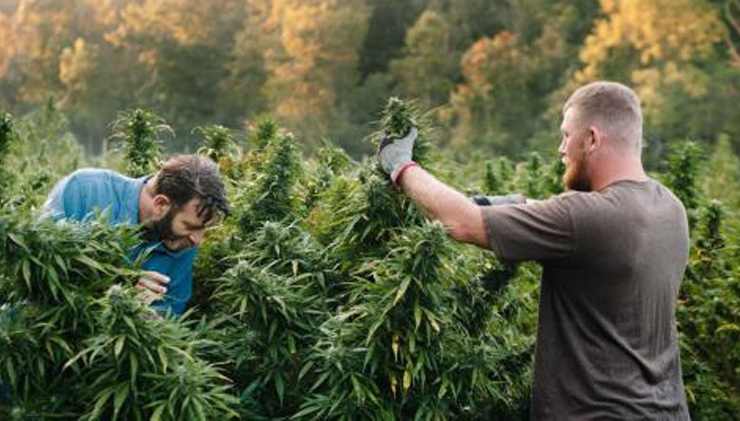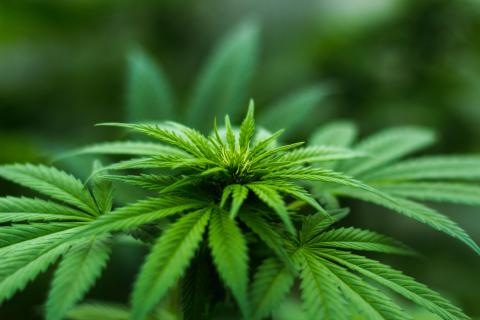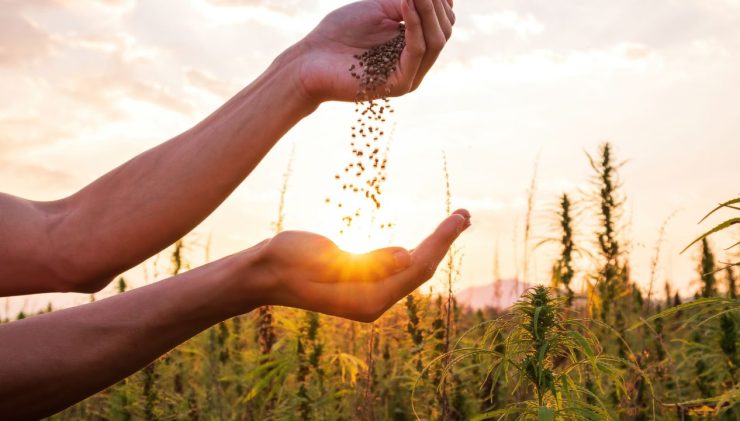 How Cannabis Companies Can Save Money by Promoting Worker Safety
How Cannabis Companies Can Save Money by Promoting Worker SafetyThe U.S. government has changed its stance on hemp. This new development could have big implications for food and drink manufacturers, opening doors that were previously closed and increasing the possibility for incredible growth in the industry.
What Is CBD Oil?
Hemp is a type of cannabis plant often grown for its fibers, which can be used to make clothing and other materials. Hemp seeds are edible and are sometimes used to make food and drink, including hemp milk.
Unlike marijuana, hemp does not contain significant amounts of THC, the psychoactive compound that gets pot users high. Hemp does contain cannabidiol, better known as CBD. CBD can also be found in marijuana, along with THC.
Many people take CBD for its purported medical benefits. According to WebMD, CBD has been used to treat an incredibly wide range of health problems. Some of these claims are currently not backed by reliable research, although there is scientific evidence to support its use in treating epilepsy.
CBD oil is found in many products, including skin care products and foods. According to Business Insider, the CBD industry is worth $1 billion, but due to its connection with marijuana, its legal status has been unclear.
The New Farm Bill
President Trump has signed a new Farm Bill into law. Among other things, the Farm Bill legalizes hemp and removes hemp-derived products from the list of Schedule I Controlled Substances. According to Benzinga, this could help the hemp and CBD market triple by 2022.
Because of the previously unclear legal status of hemp products, many banks and insurers have been unwilling to take on the risks associated with hemp and CBD. For example, iPayTotal reports that many CBD companies have lost access to payment services, making it difficult for these companies to conduct business. Hemp farmers can also experience trouble getting crop insurance.
The new Farm Bill could change this. Hemp’s unclear legal status created a barrier for banks and insurers. Once that barrier is removed, insurance and financial institutions will be able to improve underwriting and services to better serve clients in the hemp industry.
Restrictions Remain
Before people in the CDB industry get too excited, they need to read the fine print. In an analysis of the Farm Bill, Brookings points out that the new law does not legalize all CBD. The CBD must be produced in a way that’s consistent with the Farm Bill as well as federal and state regulations, and it must come from a licensed grower.
The U.S. Food & Drug Administration will be watching CBD products. Almost immediately after the Farm Bill was signed into law, the FDA released a statement on products containing cannabis. The statement makes it clear that CBD products will be regulated: “Among other things, the FDA requires a cannabis product (hemp-derived or otherwise) that is marketed with a claim of therapeutic benefit, or with any other disease claim, to be approved by the FDA for its intended use before it may be introduced into interstate commerce.”
Hemp and CBD companies must proceed carefully to ensure that they are adhering to all relevant regulations. Despite this note of caution, however, things are definitely looking up for the industry.
At Heffernan Insurance, we recognize that this is a significant opportunity. In 2019, we will be forming a cannabis insurance niche to help our clients identify and address the emerging risks of this industry. If you are interested in learning more, contact practice leaders Kevin Tarango or Marshall Nehring.



